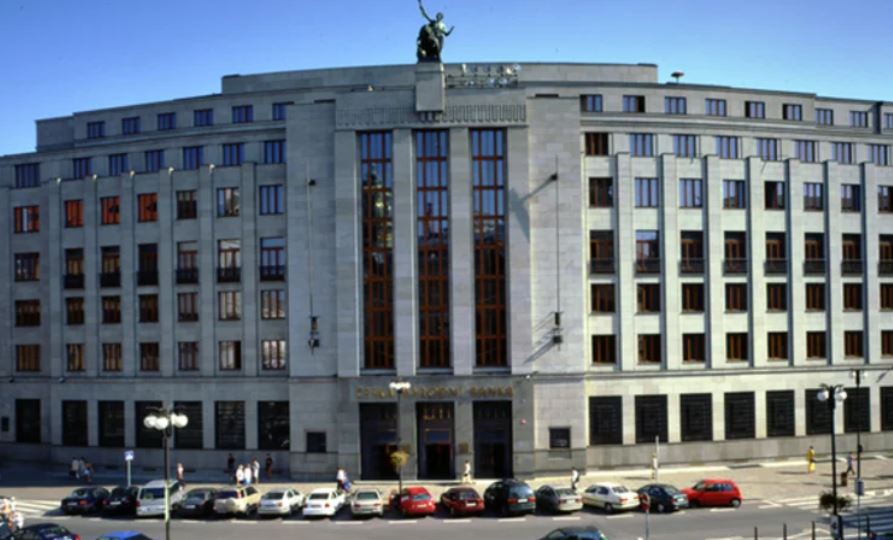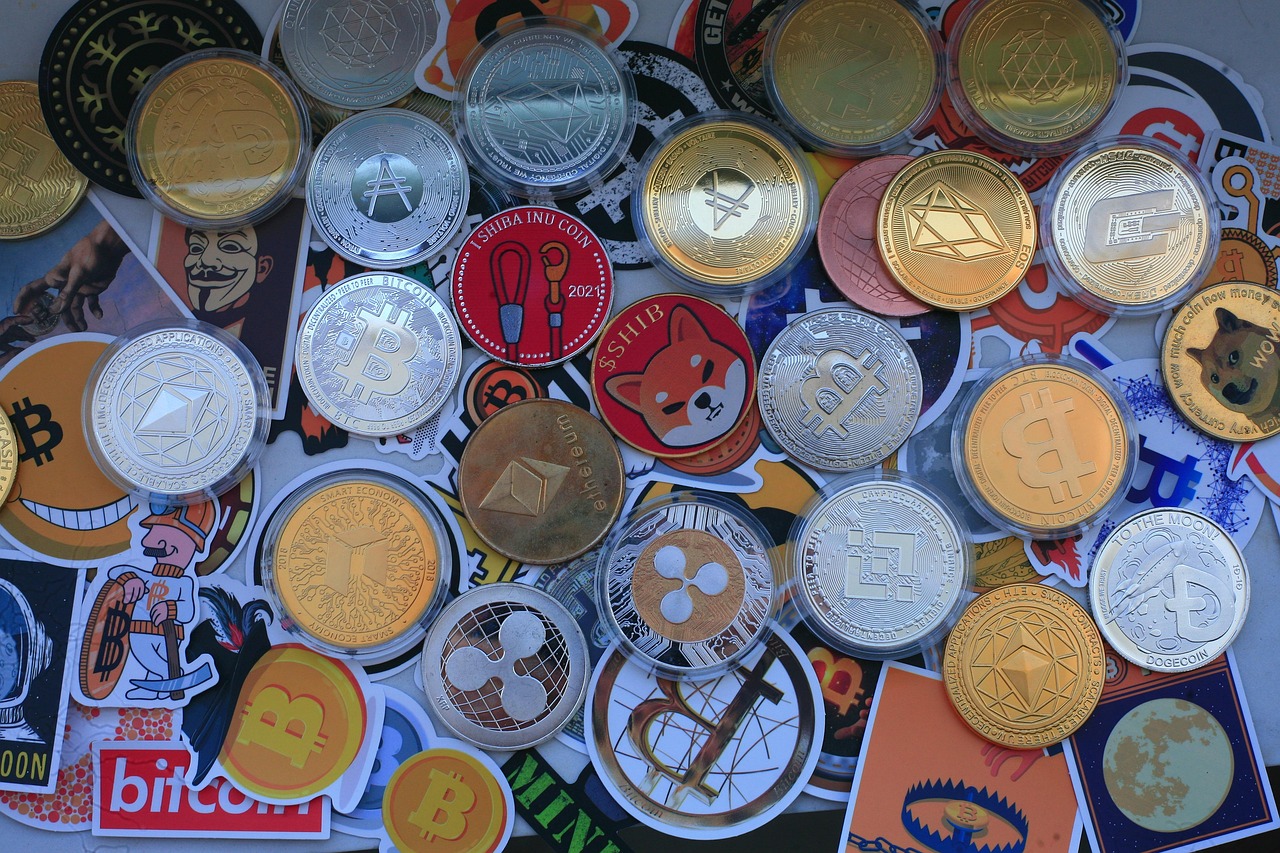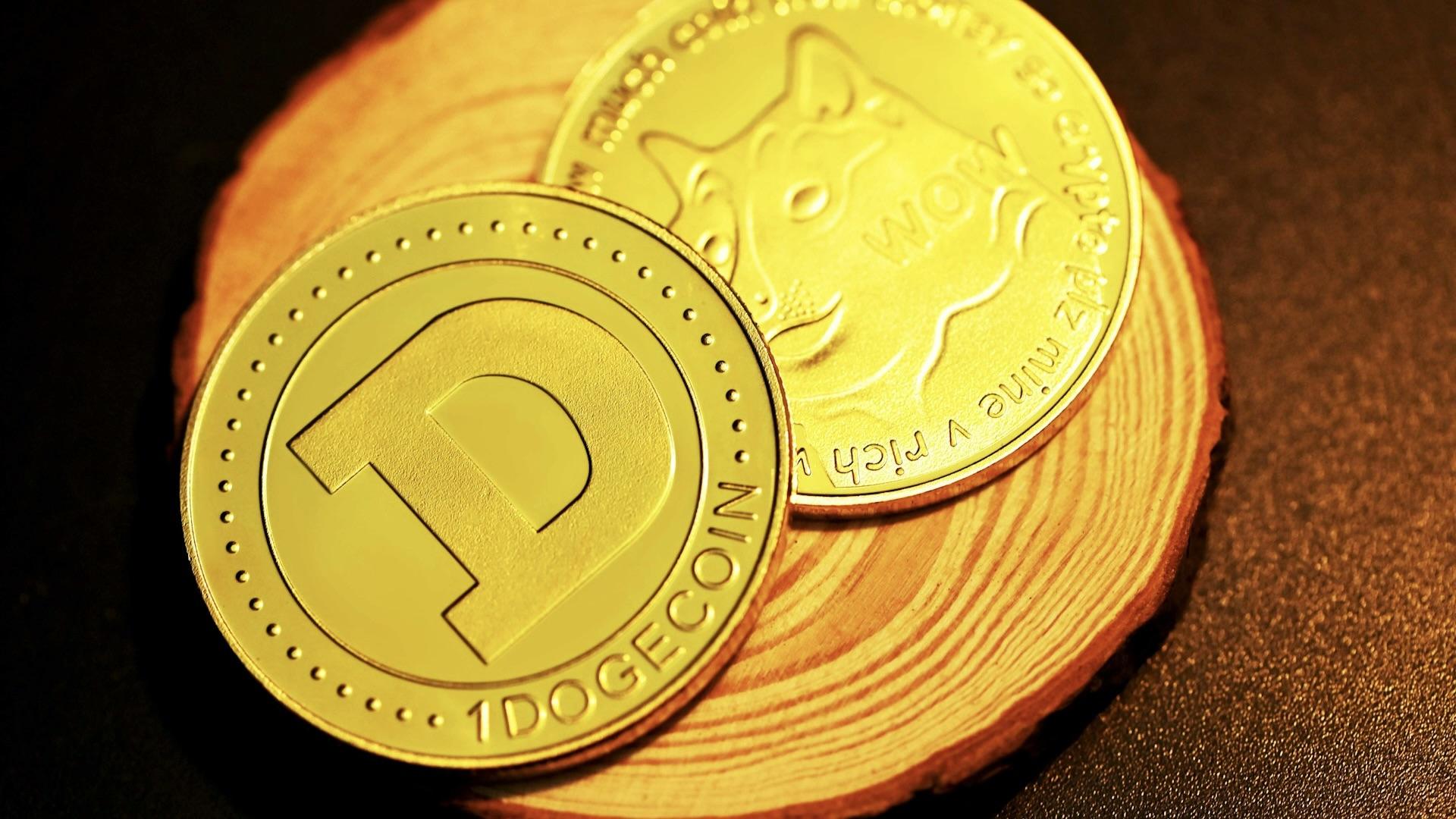The Czech government has survived a no-confidence vote triggered by a $45 million bitcoin scandal involving a convicted criminal. The controversy erupted after the government accepted 468 BTC, linked to a darknet drug marketplace, as a donation.
The bitcoin was offered by a man previously jailed for running the illegal Sheep Marketplace. Then-Justice Minister Pavel Blazek accepted the cryptocurrency on behalf of the state, later selling it for around 1 billion Czech koruna ($45 million). The move sparked public outrage, leading to Blazek’s resignation amid accusations of mishandling potentially illicit crypto funds.
Opposition party ANO, currently leading in the polls ahead of the October national election, accused the ruling coalition of facilitating possible money laundering. They argued that the bitcoin’s murky origins warranted investigation by prosecutors or law enforcement, not a direct sale by the state.
Despite heated debate, Prime Minister Petr Fiala’s coalition retained its majority in the lower house, defeating the no-confidence motion. Blazek defended his actions as legal, noting that the crypto donation represented roughly 30% of the assets recovered from the donor’s devices.
The donor’s motives remain unclear, but the case has intensified scrutiny of cryptocurrency in Czech politics. Earlier this year, the Czech National Bank expressed interest in studying bitcoin as a potential reserve asset, with Governor Ales Michl distinguishing bitcoin from other cryptocurrencies.
Polymarket prediction markets currently give ANO a 92% chance of winning the upcoming parliamentary election, while Blazek’s ODS party stands at just 6%. The scandal has cast a long shadow over the Fiala administration as the country’s crypto policy faces new political and regulatory challenges.

























Comment 0